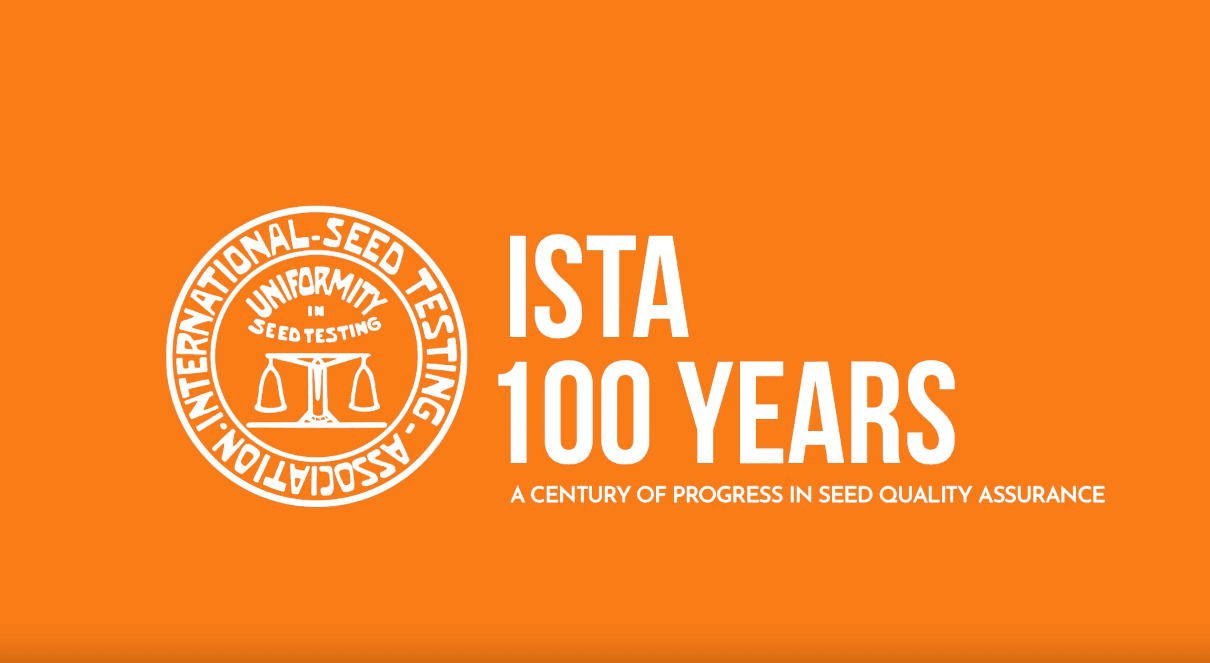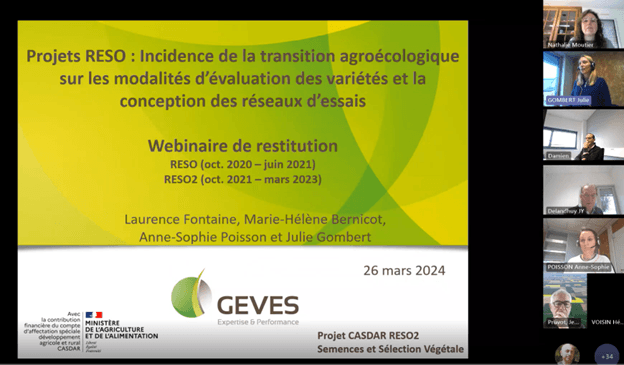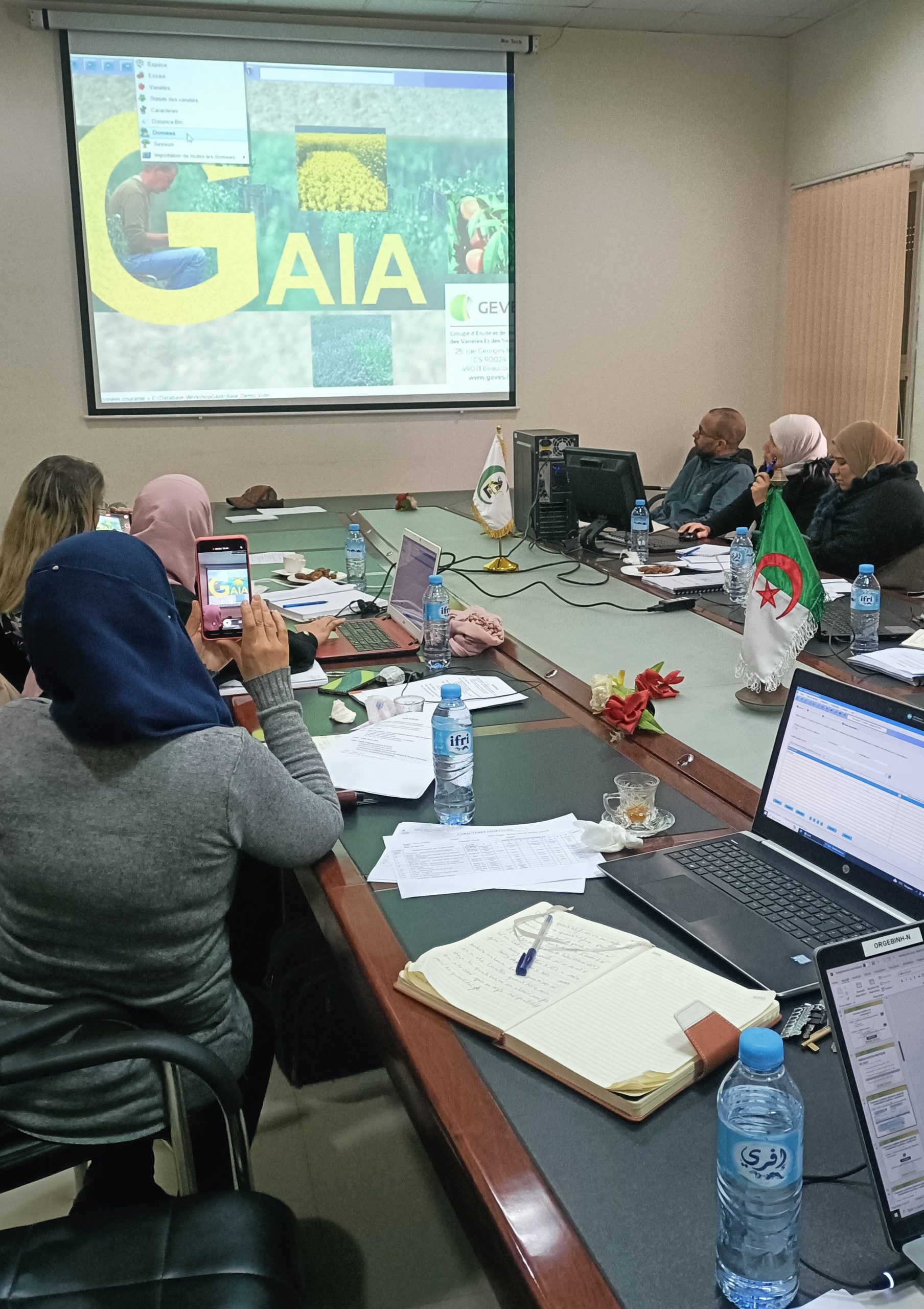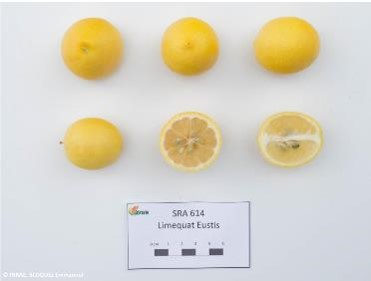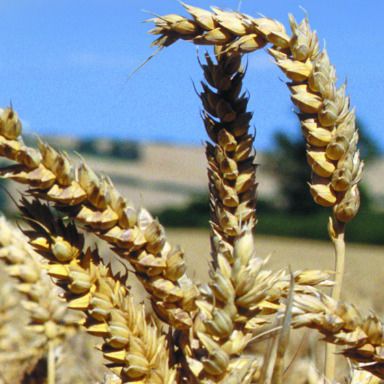
Temporary experiment to improve understanding of heterogenous populations
In order to provide a legal framework for the marketing of heterogeneous populations, the European Union published an implementing decision (2014/150/EU) in 2014. This allows Member States to experiment temporarily with the use and marketing of heterogenous populations. The experiment concerns wheat, barley, oat and maize species.
GEVES is participating in this experiment, together with other partners such as ITAB (the organic food and farming institute), the Ministry of Agriculture, UBIOS (an organic cooperative), SOC (official service for control and certification of seeds and plants), Arvalis, and INRA. Two wheat populations were provided to SOC and GEVES in response to the call for tender from the Ministry. These two heterogenous populations have been grown on GEVES experimental plots since 2016.
For the third year in a row, participants in the experiment met at GEVES’s experimental fields. The 2019 visit took place on May 24th at GEVES Le Magneraud. Participants observed plants grown from several seed samples of the two wheat populations. GEVES is used to observing and describing uniform varieties. Nonetheless, GEVES and its partners were able to broadly characterise both heterogenous populations, with a view to providing traceability and a certain guarantee of identity for end-users.
In parallel with this temporary experiment, the new European regulation on organic production and labeling of organic products (EU 2018/848) will come into force in 2021 and will allow the marketing of “heterogeneous biological material”. Delegated acts will be written to set some requirements as regards the marketing of such material. The temporary experiment provided a good basis for discussion of the delegated acts.
Delegated acts will be defined to set minimum requirements for the marketing of this type of material. This temporary experiment provided a good basis for France’s position regarding these delegated acts.

